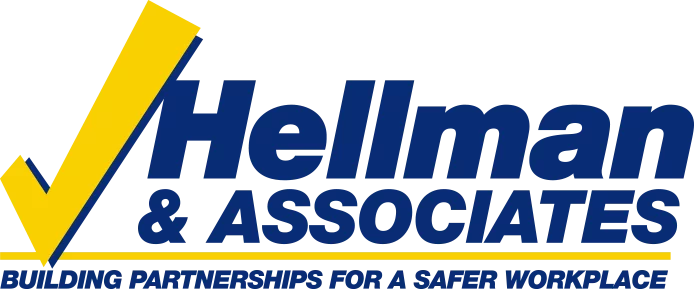We have all been told to avoid back injury by bending our knees when we lift, keep the load close and avoiding twisting motions. These safety rules may be appropriate for simple, direct lifting of materials, but what about back care when you are working in awkward positions? Work tasks that require you to reach away from your body while handling materials can also put excessive strain on the vertebral discs and soft tissues in the back. An awkward position is a work posture that distorts the spine from its natural curves, puts unbalanced pressure on the discs, and can strain arm, leg or back tissues if held for any length of time.
What are some work situations that may put you in “awkward” positions?
- Jobs that require you to bend and reach into bins or containers to retrieve or place material.
- Overhead work, installing or servicing equipment, pulling wire, cleaning ceilings, etc.
- Floor or ground level jobs such as installing or servicing equipment, cleaning, etc.
- Work tasks in confined or small spaces where there is limited range of motion such as boilers, hatches, pipes, tanks, vaults, crawl spaces, etc.
- Jobs on ladders, work platforms where you may over-reach to install or adjust an item.
- Pulling loads, instead of pushing them, when removing equipment or other materials.
- Repetitive tasks that require twisting of the back such as loading, unloading or handling material.
How can you avoid injury when working in awkward positions?
- When working overhead, stand on a steady and adjustable platform. Keep your back posture in its natural curve to avoid uneven spinal loading.
- If working on the floor, avoid bending over to work. Squat down using your leg muscles and wear cushioned knee pads if you have to kneel at work.
- In confined spaces, plan your work, and reduce clutter in the area which confines you further and increases the need to twist or overreach. Also arrange for adequate illumination.
- Don’t hold an awkward position for too long. Pause often to stretch and straighten out.
- When leaning forward to work, support the weight of your upper body on your free hand and arm, whenever possible. This greatly relieves pressure on your lower back.
- Position yourself as close as possible to the job, avoid overreaching and/or use tools with longer handles when working on ladders or scaffolding.
- Never lift heavy loads that are far from your body’s center of gravity. Get help in such cases.
- Position your work below the shoulder and above the knees to minimize over-reaching.
- Push, rather than pull, loads to help maintain the spine’s natural curve.
